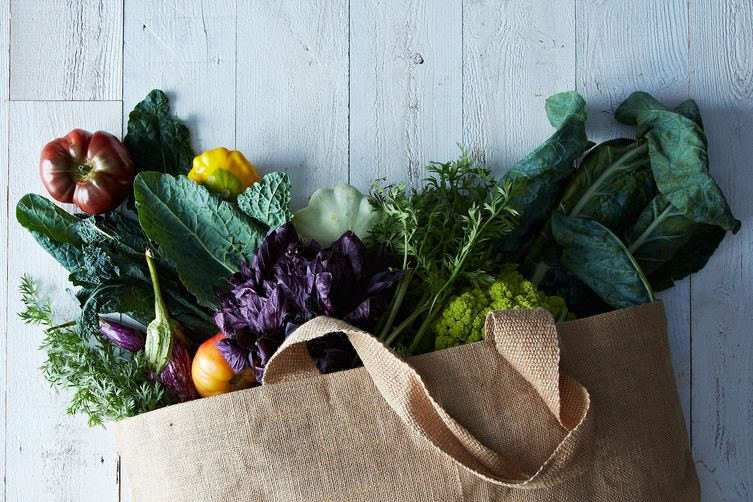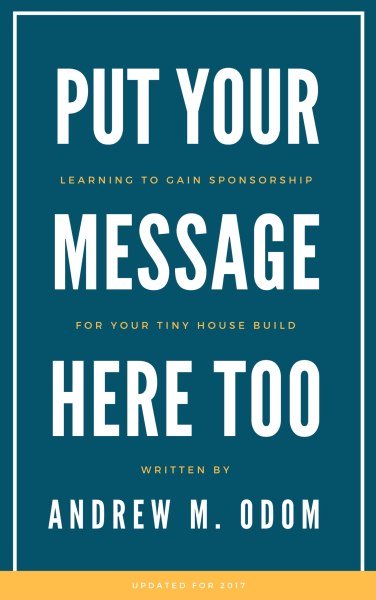Keeping a healthy home is as much about the food you bring into it as it is about healthy cleaners, carpeting and furniture. In fact, what you put into your body plays a critical role in how you’re able to handle environmental toxins.
If you’re eating toxins, your body isn’t going to be able to handle airborne toxins as well, and vice versa. So in addition to buying organic fabrics including cotton, sisal, and hemp, it’s important to buy organic foods whenever possible. Of course organic foods can be expensive, so let’s take a look at when it makes sense to buy organic foods and when it may not.
Fruits and Vegetables
Pesticides, insecticides, fungicides and chemical fertilizers are commonplace in American agriculture. These chemicals cling to the skin of our produce and can linger even when you take great care to wash your fruits and vegetables. That’s why many doctors and health experts strongly recommend buying organic whenever possible.
There are specific foods that are particularly susceptible to these chemicals – either because they are more prone to pests and disease and therefore receive more treatment, or because their skin is extra absorbent. They include:
- Apples
- Celery
- Cherry tomatoes
- Cucumbers
- Grapes
- Peppers
- Imported nectarines
- Peaches
- Potatoes
- Strawberries
- Spinach
- Kale
- Collards
- Zucchini
- Lettuce
- Blueberries
That’s a long list but it’s about to get longer. Keep in mind that these vegetables and fruits are cheaper when they’re in season. You can buy them in bulk when they’re on sale and freeze many of them. For example, berries and peaches are very safe to freeze.
Other Products
There are other products to consider buying organic as well. Some of them are food products but not all of them. They include:
- Fatty meats, especially beef. The fat retains the chemicals that the cow has eaten or been treated with. It also retains any hormones or steroids the cow has received and antibiotics too. Organic, grass-fed beef is the healthiest choice.
- Milk and dairy products. Again, dairy cows often receive hormones and antibiotics. Organic dairy ensures you and your family are not ingesting these potentially harmful chemicals.
- Coffee – Coffee bean crops are being more heavily treated than in years past. Organic is best.
- Wine
- Tomato sauce
- Chocolate
- Popcorn
When buying products for your home, consider looking for organic:
- Cotton – Cotton crops are heavily treated with chemicals and it’s one of the least sustainable industries in the world. Organic cotton is better for your health and for the environment.
- Household cleaners – Avoid harmful chemicals in your home.
- Lawn and garden treatments – Reduce harmful chemicals in your water supply and prevent tracking the chemicals into your home.
It’s not always possible to buy organic. Some organic products may not be available in your area, and buying organic can be more expensive. Whenever possible, make the healthiest choices for you and your family.



